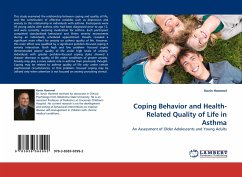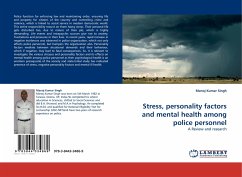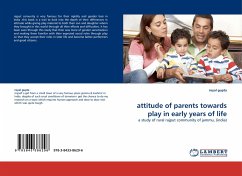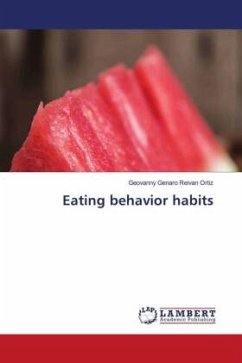
Coping Behavior and Health-Related Quality of Life in Asthma
An Assessment of Older Adolescents and Young Adults
Versandkostenfrei!
Versandfertig in 6-10 Tagen
32,99 €
inkl. MwSt.

PAYBACK Punkte
16 °P sammeln!
This study examined the relationship between coping and quality of life, and the contribution of affective variables such as depression and anxiety to this relationship in individuals with asthma. Participants were 46 young adults with asthma who had been diagnosed prior to age 12, and were currently receiving medication for asthma. Each participant completed standardized behavioral and illness severity assessments during an individually scheduled appointment. Results revealed a significant main effect for anxiety on asthma quality of life. However, this main effect was qualified by a signific...
This study examined the relationship between coping and quality of life, and the contribution of affective variables such as depression and anxiety to this relationship in individuals with asthma. Participants were 46 young adults with asthma who had been diagnosed prior to age 12, and were currently receiving medication for asthma. Each participant completed standardized behavioral and illness severity assessments during an individually scheduled appointment. Results revealed a significant main effect for anxiety on asthma quality of life. However, this main effect was qualified by a significant problem-focused coping X anxiety interaction. Both high and low problem- focused copers demonstrated poorer quality of life under high levels of anxiety. Individuals with greater problem-focused coping styles showed a sharper decrease in quality of life under conditions of greater anxiety. Anxiety may play a more salient role in asthma than previously thought. Coping may be related to asthma quality of life only under certain psychosocial circumstances, or that problem- focused coping may be utilized only when attention is not focused on anxiety provoking stimuli.












